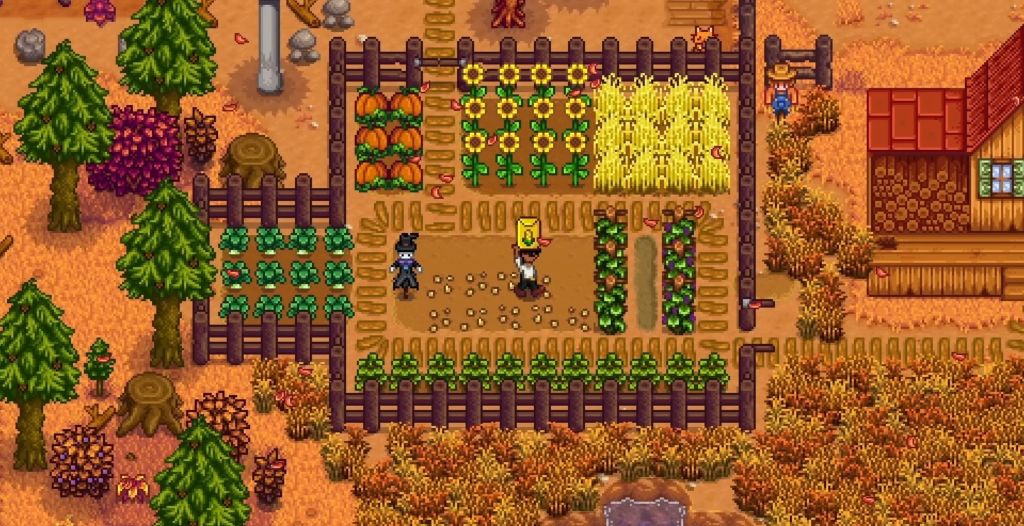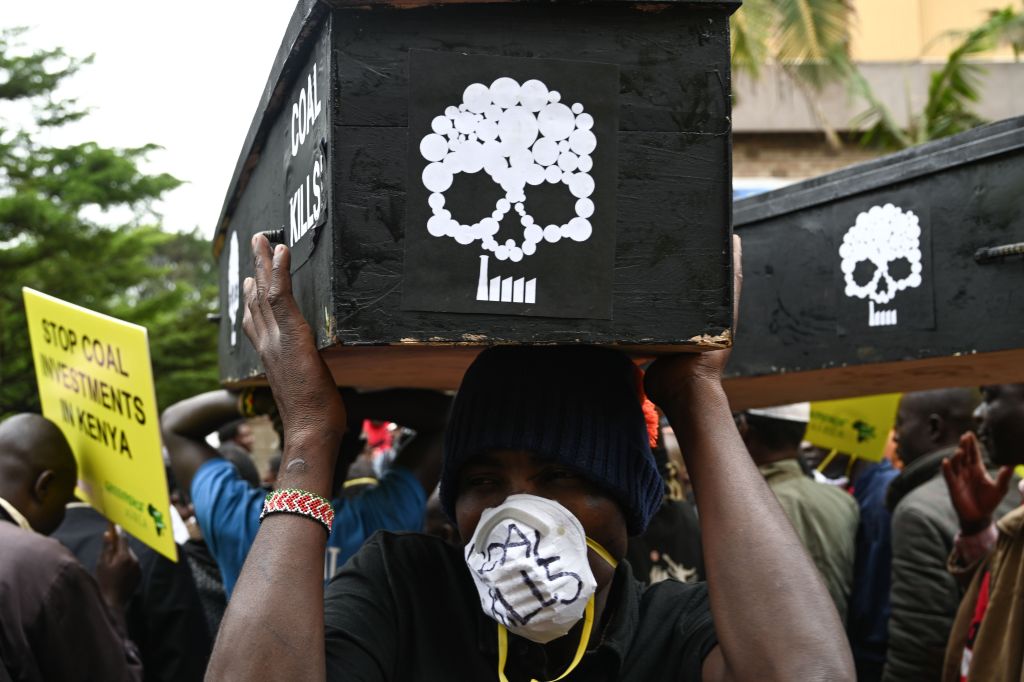“People power is very strong,” said Kaluki Paul Mutuku. “When we are well-organized, we can actually achieve so much, and we can stand up to the pillars of injustice that have been tormenting communities for many, many decades.”
Mutuku, 28, who was speaking to VICE from Nairobi, Kenya, has good and concrete reasons for optimism. As an activist, he has organized and participated in a number of projects focused on putting communities at the center of the environmental justice movement. He was talking about one in particular, which he singles out as the most rewarding he’s been engaged in thus far—the Decoalinize campaign, on which he worked with 350.org from 2016 to 2019.
Videos by VICE
“It was basically to protest against the building of a 10-15 megawatt coal-fired power plant,” he said, the first of its kind in East Africa. The Kenyan government, foreign investors, and banks were intent on placing the plant on Lamu, an island that hosts a UNESCO World Heritage site.
“It was a project that was going on in disregard of community health aspects, of the environmental implications, and also the economic side of things,” he said. “So we engaged in this campaign through mass protest, through strikes, community forums, and through education sessions and related activities to engage community support.” In summer 2019, the government halted the project. “We’re still doing our due diligence,” said Mutuku, “to ensure that that project doesn’t see the light of day.”
This sort of victory is what Mutuku has been aiming at much of his life, and the work of mobilizing communities, amplifying their stories through social networks, and directing action is paying off.
“I grew up witnessing how the climate was drastically changing and affecting communities,” he said. “Droughts are ravaging us and forcing most women and youth to have to go looking for water for long distances. This gave me the resolution to start being curious about nature.” He remembers accompanying his grandfather to plant trees and playing in the mud as he did so, falling in love with nature and setting him on a path that would entail volunteer work, earning a degree in conservation and resource management, and work with a variety of groups seeking to organize communities around nature-based solutions to the effects of climate change.
One project he’s working on now with Kenya Environmental Action Network makes the simple argument that Africa is not a dumpster.
“It’s an antiplastic campaign which began in mid-last year,” he said, “when the U.S. government was getting into this trade deal negotiation with Kenya. Part of the agenda that they were discussing was basically creating a plastic recycling market in Kenya, which will be a doorway into dumping more plastic in African countries.” The demand is that Kenya, which already has a massive plastic-waste problem, not engage in a trade deal that worsens it.
Organizing around this and other issues has, of course, been made more difficult by the pandemic; Mutuku estimates that he spends more than half his time in “online trainings and capacity buildings and mental health and well-being check-ins,” while taking time with close colleagues and friends to get out in and connect with nature. But the work is paying off.
“Some campaigns and programs have failed or flopped simply because organizers and mobilizers need to put community interests at the center of their organizing,” he said. “When you create a space for communities, especially grassroots, to be at the center of your advocacy and mobilizing and organizing, then actually these people become the central pillars in doing outreach and advocating for justice in the issues that you are fighting.”
From his perspective, the main issue that people are not paying enough attention to is the nearly Biblical migrant and refugee crisis in sub-Saharan Africa, caused directly by climate change. “Most countries in sub-Saharan Africa are faced with death, starvation, and drought, and famines that force most of their people to flee from their territories to new lands that can accommodate them,” he said. “The places they move to are places that are either overpopulated or there’s no more space to accommodate more people, so what happens is that we have climate refugees who are concentrated in some camps, and most times they don’t have economic activity or sources of livelihood to sustain them and their families. That’s what forces people to flee from Nigeria or Liberia, wherever, across the oceans, and they lose their lives.
“We are the continent that has contributed least to climate change—that is, around one percent of global emissions. And yet we are bearing the brunt of climate change.”
For all that, he does not have any time for pessimism.
“Having,” he said, “grown up witnessing the effects of climate change, young people are pushing and organizing and mobilizing at least to ensure that we can at least try to have a taste of what a serene environment and a serene world looks like and therefore be able to leave it behind for future generations.
“We can actually do this.”
More
From VICE
-

Screenshot: ConcernedApe -

Members of the Raid, the special unit of the French police. Photo: Denis CHARLET / AFP -

Photo by Tim Boyle/Newsmakers -

Lauren Levis, who died after taking iboga at the Soul Centro retreat in 2024. (Photo courtesy of the Levis family)
